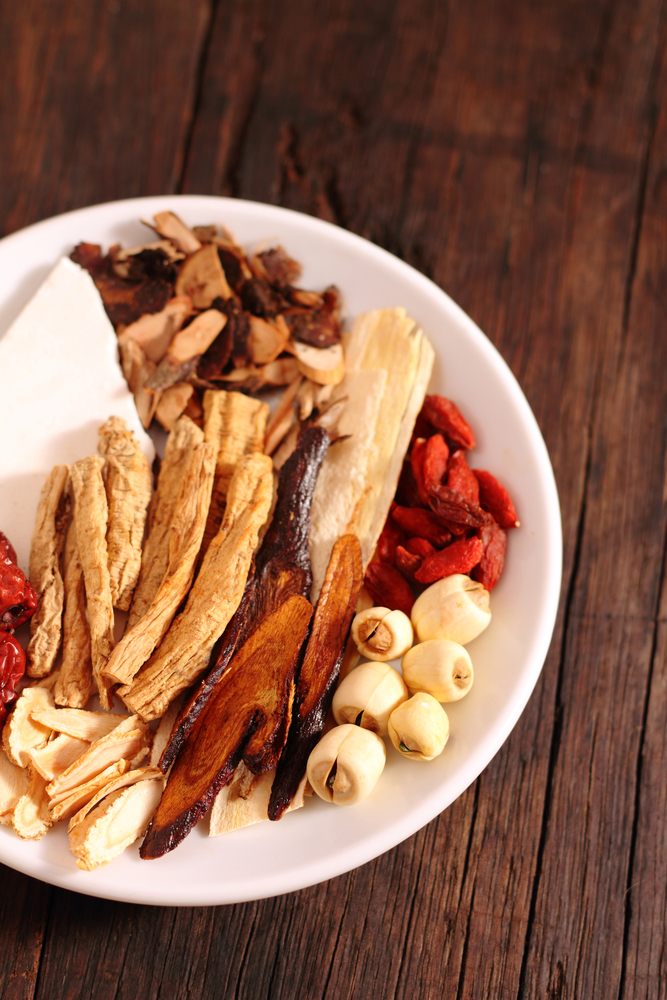What about Herbal Tonics, Can You Make Them at Home?
Tonics, in various forms, are prevalent worldwide and have their literal roots planted firmly in ancient times. Different plants and herbs which invigorate, restore, and stimulate well-being became helpful remedies in tonics.
What Is a Tonic?
Many tonics incorporate fresh and dried herbs, fruit, and seeds and can be pretty complex. However, not all tonics are so involved. Tonic water, baking soda and water, and bone broth are familiar recipes you may not recognize as tonics.
Historically, a tonic is a substance that enhances physiological function and nourishes tissues to support overall health.
Tonic Herbs
Herbs that provide these beneficial results are known as tonic herbs. Whether fresh or dried, their contributions are significant and undeniable. These herbs include:
These, and many other plants and herbs, are crucial ingredients for tonic recipes. Each can provide particular benefits, which, in combination, can focus their benefits on specific tissues.
Using Tonics
You can incorporate tonics into everyday recipes for their health benefits and flavor enhancement. A cup of tea or a simple glass of water can be the vehicle to deliver your potions. The delivery method is less important than the content of the tonic and its purpose.
Since tonics address health concerns, it’s essential that you understand the impact a specific remedy might have on your health situation. Speaking with your physician before starting a tonic regimen is prudent and a good idea.
Making Tonics
Homemade herbal tonics can be an exciting and fun project with significant upsides. One substantial plus is that you can select particular herbs and other ingredients for a personalized recipe.
Space will not allow us to venture far into this subject, the recipes are legion, and some are quite involved. Along with the desired and necessary ingredients, time is the most significant component of making tonics.
Typically, tonic herbs soak in alcohol or a blend of alcohol and water to infuse them with essential properties. This chemical reaction takes time as the essential components leach into the solution.
One teaspoon of herb to one cup of water is the general rule of thumb in tonic making. But this ratio can change depending on your preferences. Once the infusion is complete, strain the mixture into an airtight glass container and label the jar.
This brief description of the process is only an outline. Depending on the specific recipe, the details can vary substantially. You will need to identify your tonic of choice and research the methods you want to employ to produce your homemade tonic.
Tonic Recipes
Here are some tonic recipes to get you started.
Anti-Inflammatory Cold Shot with Turmeric
What Will It Be?
Exploring tonics and tonic herbs can be an enriching and enjoyable journey. Whether you need to address specific concerns, improve your overall well-being, or wish to have a great cocktail, making tonics at home is worthwhile.
We hope this article inspires you to venture into the world of homemade tonics and their benefits. Spice Station’s high-quality tonic herbs can make your work easier and your recipes excel.


2 Comments. Leave new
Send me the recipes how to make African tonic